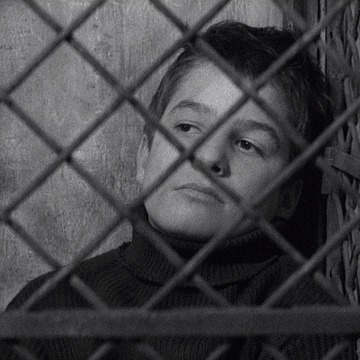 Cory Doctorow‘s article on Tor/Forge echoes the remarks he’s been making on his soon to conclude book tour in support of Homeland.
Cory Doctorow‘s article on Tor/Forge echoes the remarks he’s been making on his soon to conclude book tour in support of Homeland.
I think it’s great that he’s focusing so much on what happened with Aaron Swartz, and also talking about the issues of depression and suicide, though I could wish that there was enough time on his tour to also talk more about the book, which is great, but also a slightly different proposition from Little Brother, the book for which it is ostensibly a sequel.
Homeland seems to take place earlier in time/history, and in a world very much more like our own than Little Brother, which was a cool, near-future dystopian reflection on trends in technology and the “war against terrorism.”
Homeland reads much more like one of Cory’s (excellent) articles or op ed pieces than did Little Brother – or any of his other fiction. It practically feels like non-fiction, and that’s both good and bad. It isn’t as satisfying a read, purely as a novel, as Little Brother, For the Win or Pirate Cinema. On the other hand, it’s extremely satisfying and effective as a political and social intervention. I want to go out and find Joe Noss and work on his campaign. I’m much more attentive to Alameda County’s attempt to buy drones than I might have been. I’ve been thinking about the issues it raises.
That’s great: Cory knows what he is talking about, and the issues that he is addressing are vital ones. But I still wanted a bit more fiction than I got. And along those lines, I certainly feel like the tween girl in the audience for Cory’s reading at The Booksmith on Haight Street last week: is there going to be a sequel to Pirate Cinema? I love Cory’s articles, op ed pieces, and his activism. I also love his novels. We were lucky over the past year to get three novels from Cory in pretty rapid succession: Pirate Cinema, Rapture of the Nerds, and Homeland. And based on his remarks about what he’s working on, we might continue to see something like that output in the future.
Filed under: Literature, Tech, science fiction, teh interwebz











